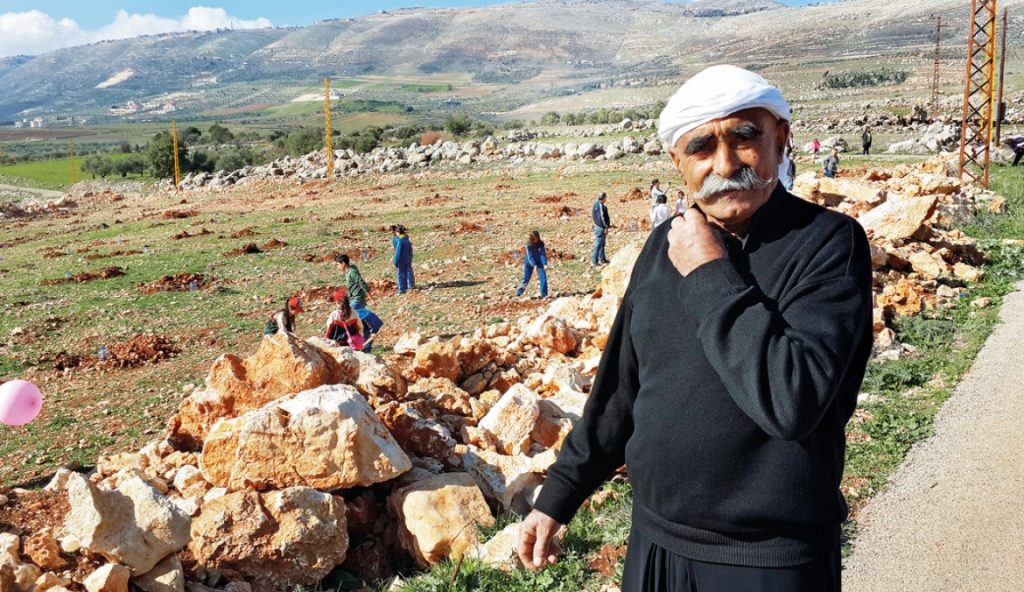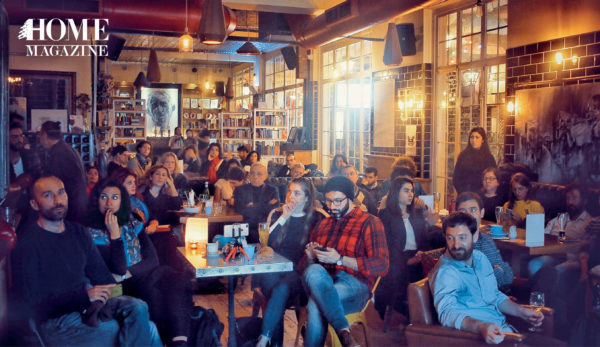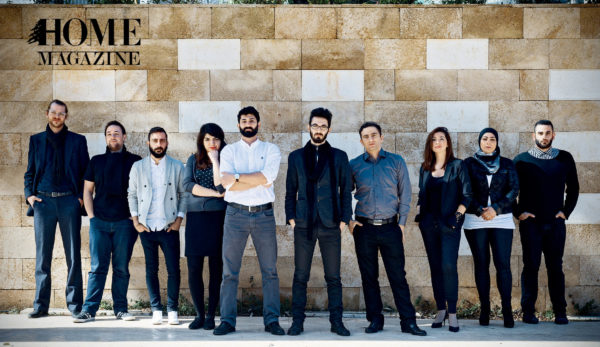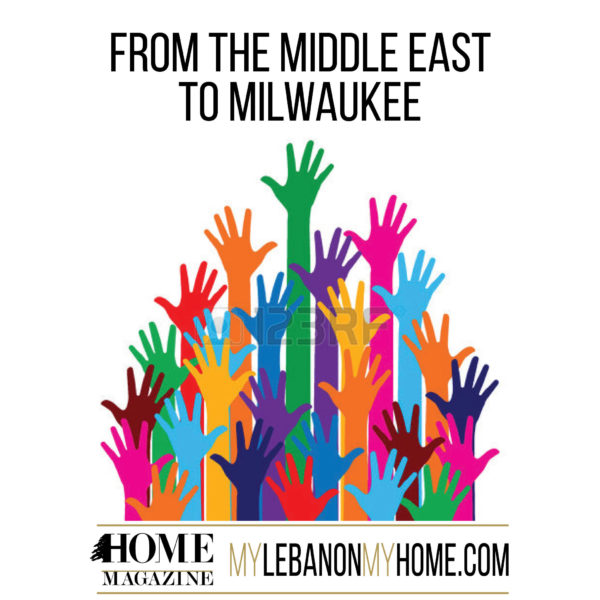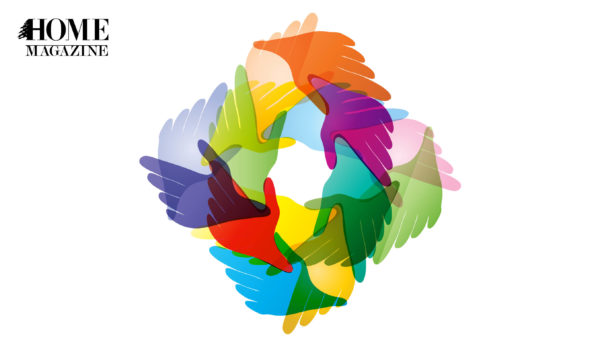Forever Lebanon, a grassroots civil society organization, sees Lebanon as a country whose pinnacle achievements, identity and ultimate endurance are found through its richness of culture, art and natural beauty.
The petite canvas of Lebanon is the pride of Lebanese all over the world, however the image begins to deteriorate as soon as the grime of sectarian violence, political corruption and environmental pollutants obscure its pretty colors. Of course, we’ve all heard prattle about everyone seeing Lebanon in their own way, and this is possible as long as unlike-minded citizens respect each others’ differences, and see dissimilarities as a part of their country’s self-portrait.
Forever Lebanon believes that the only way for this country to thrive is to build on its strengths: culture, art and natural beauty.
Antoine Hoyek, the chairman of the Lebanese General Syndicate of Agricultural Production and of the Association of Lebanese Farmers, who also has a genetic plant research lab in the hilly village of Bdadoun, literally has his hands in the soil of Lebanon.
He is, by all meanings of the word, grassroots. From his unique standpoint he sees the potential of Lebanon that most of us rarely see on a daily basis.
He sees the untapped potential of the agricultural sector, throughout the country. The Bekaa Valley was known to have been a breadbasket of the Roman Empire.
“Lebanon’s system is static. Forever is looking to make a change through a revolution .” affirms Antoine.
Despite his cynicism in the current system, he is ardent about fulfilling
Forever Lebanon’s vision for a better country. “Forever rejects sectarianism and violence. It is a voice of moderation and dialogue. Forever respects all religions and political parties, but it is a new choice for Lebanon.”
What steps has Forever Lebanon taken to open dialogue between people and enhance the Lebanese landscape?
For one, Forever members met with Rabab Al Sadr in Tyre in 2013, in an exchange of ideas for constructive change in Lebanon. Some events included art exhibitions, and poetry readings in 2014. Forever launched its Forever Green campaign in 2014 which involves multiple aspects of civil society, from schools to municipalities, in planting forests of 10,452 cedars, pine and olive trees, as well as 10,000 apple, pear, cherry and peach trees.
Forever is renowned for planting more trees throughout Lebanon than any other organization. It is not erroneous in focusing on the environment as an important political and social issue, as it fuels some of the most important aspect of the Lebanese economy: its agricultural and tourism sectors.
More recent efforts include bringing Forever’s events and meetings to areas and townships that are far from Beirut and its environs. “We just voted on starting committees in regions such as Akkar, because many people are unable to commute to meet in Beirut,” says Hoyek.
He also mentions that bimonthly lunches in various villages in Akkar are on the agenda.
Forever Lebanon also realizes the contributions of the Lebanese Diaspora to the country through new ideas, innovations and also through essential needs like supporting family members. Expats keep emotional ties to Lebanon through arts, music, cuisine and cultural traditions, the very aspects that Forever upholds.
Forever Lebanon started in 2013 with 2,000 people, and has grown by word of mouth to approximately 11,500.
Antoine insists that “Forever’s members contribute their own funds” to projects and other endeavors. Forever is not sponsored by any business or politically influential people or outside groups or parties. “Members are very dedicated; they give more effort than expected,” says Hoyek. He admits though, that there have been people, “the more extreme types,” who are vehemently against Forever’s campaign because it basically challenges established political parties.
“We’re looking for 100 clean, honest and dedicated leaders, over the course of five years, into Parliament and the ministries.”
According to Hoyek, Forever believes that the issues which require urgent action are pensions, health care and educational opportunities for all young people. “The future of Lebanon is our youth,” says Antoine. “Education must ensure the success of their future, and the future of Lebanon”. Parents invest a lot of time, effort and money into their children’s education – it would be ideal for the state to match their effort.
Hoyek maintains that “Forever’s success relies on three things: its mission, its goal and trust. I have been working for 15 years in my vocation and no one can accuse me of corruption, or working for my own personal benefit. Human dignity is the foundation of the country.” This is what he contributes to Forever and this is a reflection of what its success is built upon. Hoyek insists that no one person is the face of Forever; instead its identity is the distinctiveness of its members and their actions. “Forever is like a train in motion – people get on and some get off when they choose, but carriages are always being added.” The train is moving along, blazing its own trail.

